SUMMARY
This is AI generated summarization, which may have errors. For context, always refer to the full article.
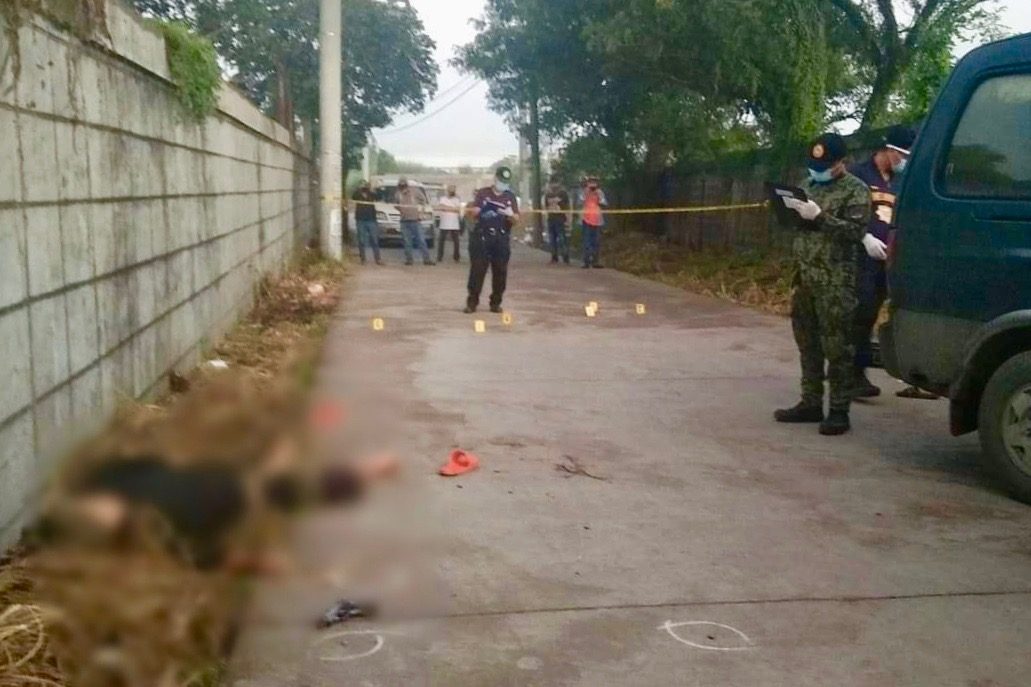
Not even a pandemic is stopping the Philippines from enforcing President Rodrigo Duterte’s anti-drug campaign.
From March 31 to May 31, law enforcement agencies conducted 5,840 anti-drug operations, which resulted in the arrest of 10,105 suspects and the death of 67, according to the government’s own tally of the campaign’s numbers.
“Even with the ongoing health crisis, police anti-illegal drugs operations will continue without let-up and will be unrelenting as ever,” Philippine National Police (PNP) chief General Archie Gamboa said in a statement on May 26, after the seizure of P40-million worth of shabu (methamphetamine) in Bohol.
In total, the government seized illegal drugs worth around P730 million ($14,724,830) even with most of the regions in the country under lockdown.
In the same time period, however, the government failed to clear, by their own standards, even one barangay of illegal drugs. Cleared barangays continued to be at 18,582, with 15,388 more to go.
The government’s figures on fatality gave credence to the statistics earlier reported by VERA files that state agents killed 42 suspects during the lockdown from March 15 to May 5, and the Commission on Human Rights (CHR)’s own count of 69 alleged extrajudicial killings done also during lockdown – some 2-3 of them being probed as drug-related.
“Because of COVID, it (the anti-drug campaign) has slowed down, but it’s still here we still receive reports of concerns over arrests, EJK complaints, complaints of arrests and continued operations. On the ground, there are still reports coming in,” said CHR Commissioner Karen Gomez Dumpit in an interview with Rappler.
The case of Bulacan
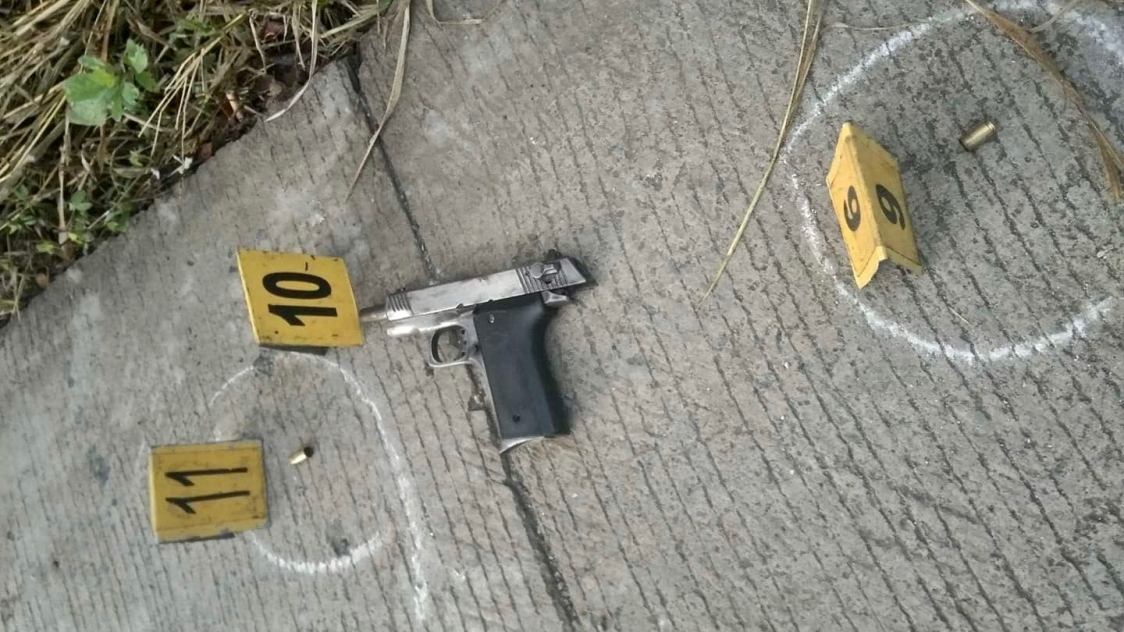
Bulacan was the area where most of the killings occurred, with at least 10 shot dead by cops as of July 17. All of them are accused of fighting back – consistent with police allegations and defense since the start of the campaign.
In just one weekend from May 1 to May 2, Bulacan police killed 4 drug suspects in different buy-bust operations.
“An armed encounter ensued after a consummated transaction when operatives were trying to arrest the suspects who opened fire towards the operatives which prompted the Police Operatives to retaliate causing the death of the four (4) suspects,” the police said in its press release.
The alleged shootouts happened while the province was under enhanced community quarantine.
In their most recent anti-drug operation on July 17, Bulacan police shot dead two drug suspects in a Meycauayan City buy-bust operation that yielded 13 sachets of shabu.
Bulacan topping the areas with most kills is not new.
In 2018, Central Luzon overtook Metro Manila as the region with the most deaths in police anti-drug operations. A bulk of the killings in the region occurred in the province of Bulacan alone, which exceeded the killings in other regions.
In one deathless operation, Bulacan police, along with Philippine Drug Enforcement Agency (PDEA) and PNP Drug Enforcement Group (PDEG) agents shut down an alleged drug syndicate, arresting 8 suspects and seizing 10 kilograms of shabu worth P70 million.
Big hauls
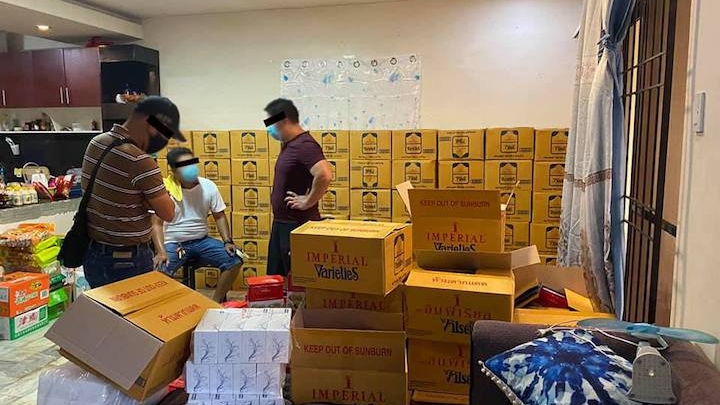
Meanwhile, the PNP’s DEG unit has been racking up drug seizures in its targeted operations against big-time drug distributors.
The unit, which was intended to go after the so-called “big fish” of the campaign, has taken from suspects at least P7.6-billion worth of shabu since the pandemic was declared.
Its biggest operation was also held in Bulacan. In Marilao, the PDEG found a warehouse stocked with biscuit tin containers that were packed with shabu, amounting to a total of 756 kilograms worth P5.1 billion.
Just a week after on June 11, the PDEG seized 374 kilograms of shabu in General Trias, Cavite, worth P2.5 billion.
The big hits coincided with the leadership of Colonel Romeo Caramat, the former chief of the Bulacan police during the peak of its killings in the anti-drug campaign.
PDEA also got a sizeable haul during the pandemic on June 6. Its agents seized P244-million worth of shabu through a buy-bust operation in Parañaque.
The operation led to the death of two suspects, who, according to the PDEA, engaged in a shootout with their agents and accompanying cops.
The incident is a rare addition to PDEA’s record of killing suspects, which has mostly been done by police shooting in the name of self defense.
CHR tries to keep up
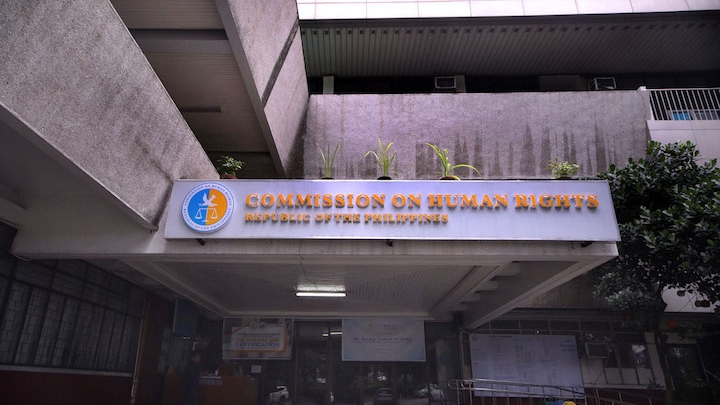
Meanwhile, the Commission on Human Rights struggles to monitor and probe all cases, as the pandemic has restricted its mobility.
“It’s harder even to monitor because we don’t have as much personnel being deployed and we need to follow health protocols and our internal guidelines when it comes to dispatching quick response teams,” Dumpit said.
According to her, only a few can be deployed at a time, given the rules on maximum occupancy of vehicles. They would also have to know specific lockdown rules per locality before they could go.
Dumpit also said that the pandemic did not change the non-cooperation of cops when it comes to aiding the CHR in probing possible human rights violations in the anti-drug campaign. This was ordered by President Rodrigo Duterte himself when he said the PNP should not help CHR investigators in their probes.
According to Dumpit, the drug war is also just one of the many possible areas of violations for cops during the lockdown. They have also monitored illegal arrests and are trying to keep up with the detention of people arrested for violating lockdown rules.
Data delayed, restricted
During the pandemic, the government has failed to regularly update its tracking initiative for the anti-drug campaign.
Launched in 2016 in an attempt to give its own count on the progress of the anti-drug campaign, the Real Numbers PH initiative has been releasing delayed updates since the lockdown began.
Before the lockdowns were declared, the final update on the page was posted on March 2, 2020. It did not provide any update for over 3 straight months after.
It posted an update again only on June 23, but the data covered only until the end of March. In its July 14 update, the figures released only covered up to the end of May.
Rappler requested data from the PNP’s Public Information Office, which releases detailed numbers upon request. A letter was sent through the PNP PIO’s official email address and only got copies of the Real Number PH’s unupdated graphics.
Asked if this was new protocol, PNP PIO chief and spokesman Brigadier General Bernard Banac replied in a text message: “Centralized na sa RealNumbers ang release ng data ngayon (Data release is now centralized with RealNumbers).”
By this, Banac meant that the data was now centralized with the office taking the lead in the Real Numbers initiative: the Presidential Communications Operations Office (PCOO) which is directly under Duterte.
World’s eyes on the drug campaign
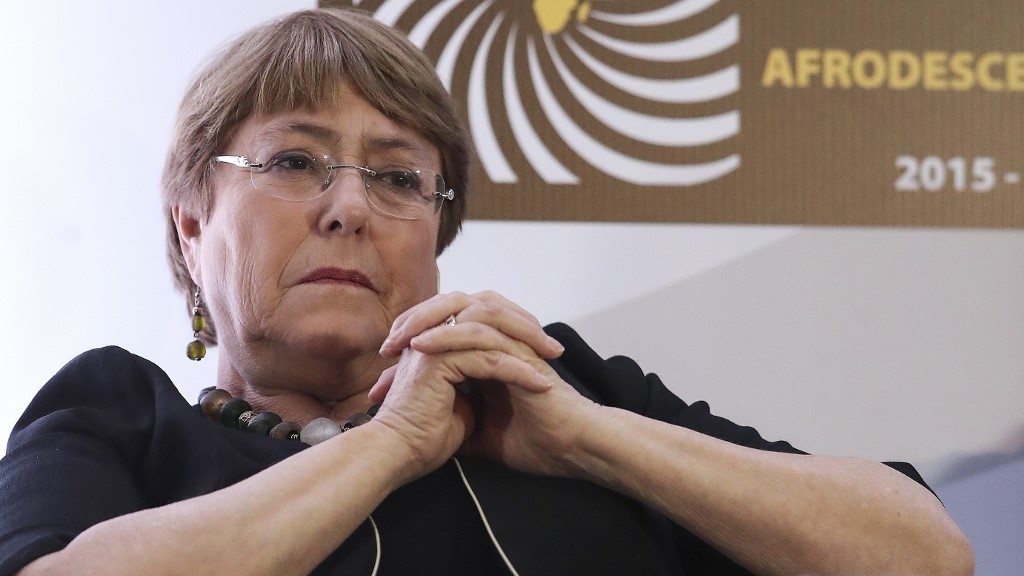
The so-called drug war continues to be waged as it gained new traction for international scrutiny.
On June 30, United Nations (UN) High Commissioner for Human Rights Michelle Bachelet spoke before the Human Rights Council and gave a damning report against Duterte’s centerpiece campaign.
“The campaign against illegal drugs is being carried out without due regard for the rule of law, due process and the human rights of people who may be using or selling drugs. The report finds that the killings have been widespread and systematic – and they are ongoing,” Bachelet said.
She added: “We also found near-total impunity, indicating an unwillingness by the State to hold to account perpetrators of extrajudicial killings.”
In response, the government created a Department of Justice-led panel to probe alleged extrajudicial killings in the anti-drug campaign.
Human rights groups, however, believe that the panel’s creation was the government’s attempt to shield President Duterte from prosecution in the International Criminal Court (ICC).
The ICC is currently conducting a preliminary investigation into the drug war killings.
According to ICC Prosecutor Fatou Bensouda, her office aims to finalize the preliminary examination in 2020 so they can “reach a decision on whether to seek authorization to open an investigation into the situation in the Philippines.” – Rappler.com
Add a comment
How does this make you feel?


![[Time Trowel] Evolution and the sneakiness of COVID](https://www.rappler.com/tachyon/2024/02/tl-evolution-covid.jpg?resize=257%2C257&crop=455px%2C0px%2C1080px%2C1080px)


![[The Slingshot] Alden Delvo’s birthday](https://www.rappler.com/tachyon/2024/04/tl-alden-delvo-birthday.jpg?resize=257%2C257&crop=263px%2C0px%2C720px%2C720px)
![[EDITORIAL] Ang low-intensity warfare ni Marcos kung saan attack dog na ang First Lady](https://www.rappler.com/tachyon/2024/04/animated-liza-marcos-sara-duterte-feud-carousel.jpg?resize=257%2C257&crop=294px%2C0px%2C720px%2C720px)
![[Newsstand] Duterte vs Marcos: A rift impossible to bridge, a wound impossible to heal](https://www.rappler.com/tachyon/2024/04/duterte-marcos-rift-apr-20-2024.jpg?resize=257%2C257&crop=278px%2C0px%2C720px%2C720px)


There are no comments yet. Add your comment to start the conversation.